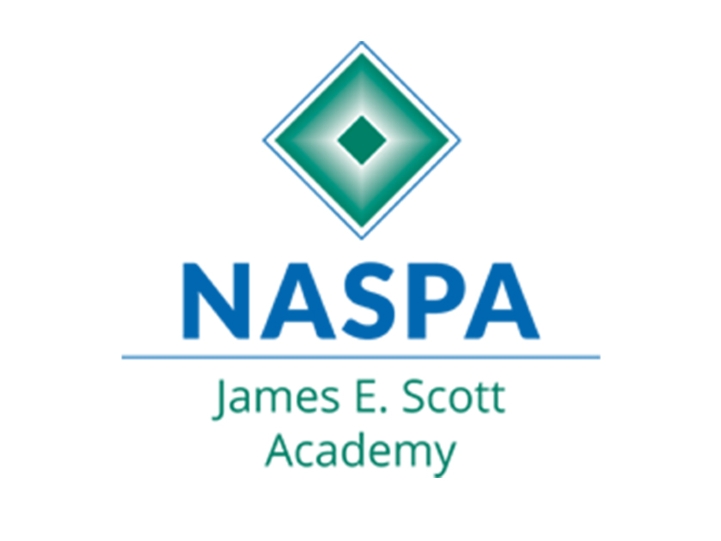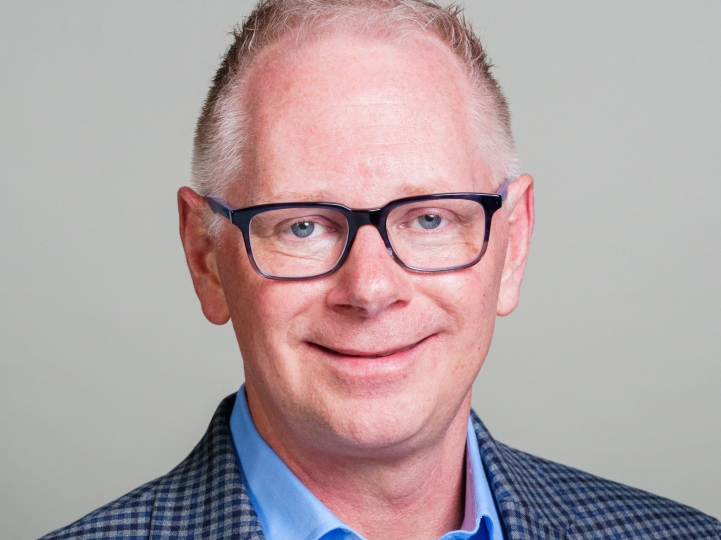
The Confidence Crises
Supporting the Profession AVP or "Number Two" Senior Level VP for Student Affairs
August 17, 2023
“How does a movement persist in the face of partial victories and continued defeats? The ethic of risk is characterized by three elements: a redefinition of responsible action, grounding in community, and strategic risk-taking. Responsible action does not mean the certain achievement of desired ends, but the creation of a matrix in which further actions are possible.” - Sharon Welch, in An Ethic of Risk
Most of us have seen the recent Gallup poll revealing the significant decline in public confidence in higher education. Only 36% of respondents have confidence in higher education, down from 57% in 2015 and 48% in 2018. The poll didn't ask respondents what influenced their answers. Still, most articles reporting on the poll suggest several possible reasons, including high costs, student debt, perceived low return on investment, disparities in access, and high-profile scandals. One thing the poll did ask was the participant's political affiliation. Not surprisingly, given the increasingly polarized state of politics in the United States, individuals with more conservative viewpoints have the lowest confidence levels. Only 19% of Republicans had "a great deal" or "quite a lot" of confidence, down 37 points from 2015. While Democrats responded more favorably, 59% had "a great deal" or "quite a lot" of confidence; that number is also down 9 points from the 2015 level. Clearly, there is more at play here than just the culture war, and it would be unfair to dismiss the results as such.
So, what does this mean for us in student affairs? Should we even care? The folks at Gallup note that public confidence is declining in most significant institutions; higher education still sits in the fourth highest spot (despite the drop), the same as in 2018. Should we discount this as a passing fad and continue business as usual? Something is to be said for not letting this cast us into a doom spiral. That said, it would be wise to heed the warning signs and start thinking differently about how we move forward. Student affairs is not the only constituency comprising "higher education." As a field, we are not solely accountable for public perception, nor do we have the ability to make massive policy changes on our own. Higher education bureaucracy can be daunting, and we already have our hands full managing many daily crises, including a decreasing supply of staff trained to work at our institutions.
I want to state for the record that those of us in the field of student affairs are uniquely qualified to take a leadership role right now. Why is that you ask? Here are a few reasons we are particularly well-situated to tackle this challenge.
We, more than most other members of our campus communities, are trained to see the full circle of the student and campus experience. We understand the need for support services, more focus on mental health and well-being, and continuing to create welcoming and inclusive campuses. We've seen the benefits of this work in the past. Despite efforts to criticize and hamper what we do (too woke, too coddling, unnecessary bureaucracy, detracting from the academic experience, etc.), now is the time to commit more firmly to finding creative strategies to address the issues negatively impacting students and higher education as a whole. As a field, we are not perfect, but the educational experiences we provide are important. Not only should we keep these student services at the center of our work, but we also need to be more assertive about raising our profile at our institutions. Our work is not political in nature. As a profession, we are driven by research and bolstered by the fact that students and our institutions are better as a result of what we do. Our challenge is to make sure we are telling the story that these efforts do not just benefit particular groups of students but increase the well-being and success of all students. Powerful stories change hearts and minds, and we have tremendous access to the stories students are constructing every day.
We're used to tackling challenging problems and changing opinions. Large portions of our day are spent explaining, cajoling, and engaging with students, often when they are in disagreement or conflict. We can take a page from the strategies we utilize every day and model responses grounded in our institutional missions. We needn’t shy away from the fact that values frame our strategies and instead focus on the actionable strategies we hope to obtain. Our work teaches us to be patient, listen, and treat others respectfully, even when disagreeing with their behavior. We know how to engage in difficult conversations and have experience determining when to seek common ground and when to stand firm on essential principles. We're used to being in this work for the long haul and know better than most that a fundamental change of heart and mind rarely happens overnight. It's only with a consistent message crafted in a manner that meets the listener where they are that we stand any realistic chance of making a difference and helping others make changes that make sense to them.
Finally, and most importantly, we have to have confidence in ourselves. As I wrote the paragraphs above, I found myself going back to question my own words. I had to admit that I as well have had my own personal crises of confidence in higher education. These past few years have been exhausting as we battled with rapidly changing expectations exacerbated by the pandemic and political discord. On more than one occasion the pressure of outside forces has rattled my convictions in this field and our work. I've lost count of how many colleagues and friends have left the field because they felt too tired to continue, not valued for their efforts or forced from their campuses due to budget cuts. If we are to have any chance of changing the public's minds, we must first restore our faith in ourselves and the institutions we serve. If we don't believe and by extension, don't lead teams that believe, then what's the point? I look to NASPA for connection, engagement, and to recharge my proverbial batteries. Groups like the Scott Academy are well-positioned to help our field think through these tough issues and strengthen our resolve. We know what we're doing is critical to the advancement of learning and makes a difference in the lives of our students. Let's help tell the story in ways that allow others to share the view we see daily.

Jim Hoppe serves as the vice president & dean of students for campus life at Emerson College and is a member of the NASPA James E. Scott Academy Board.